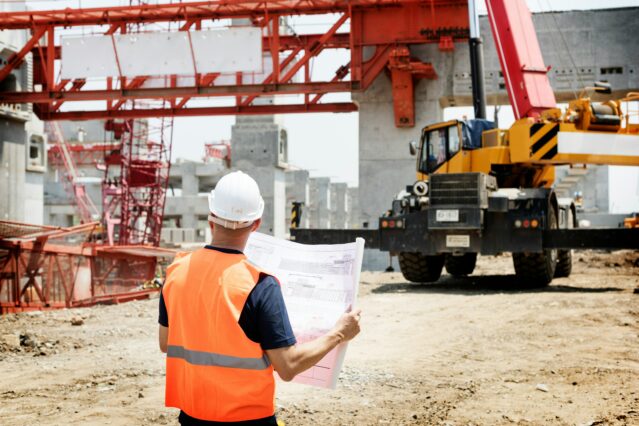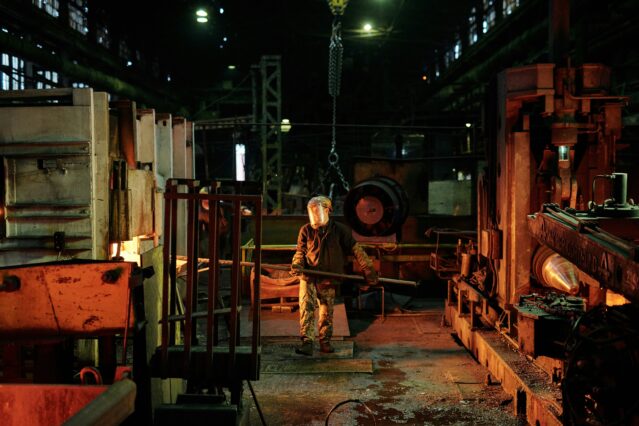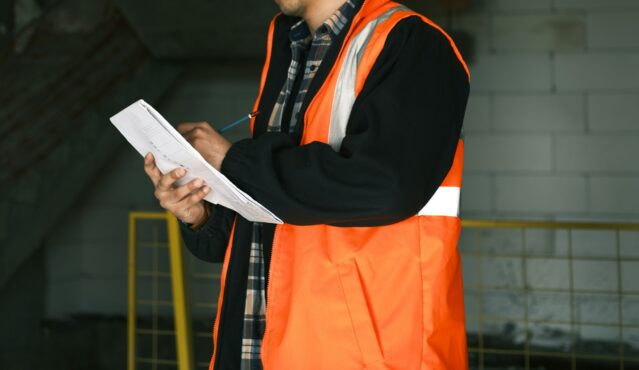
Aug 15, 2024
What is The Carbon Cycle?
The carbon cycle is the name given to the process of how carbon transfers between different carbon reservoirs. Carbon is essential to life on this planet, as we’ll explain in this post, and efforts to restore balance to the cycle are just as essential.
As fuel suppliers, we understand that we need to examine our role within the carbon cycle. Because of this, we put emphasis on the carbon-neutral and renewable fuels we supply. We believe that fuels like HVO (Hydrotreated Vegetable Oil), Carbon Offset Diesel, and other renewable energy sources are essential in caring for our planet.
Let’s discuss the carbon cycle, its threats, and how we can help support a cleaner environment.
The carbon cycle explained
As we’ve said, the carbon cycle is the process by which carbon moves between carbon reservoirs on Earth. These reservoirs, or sinks, include the atmosphere, oceans, soil, rocks, and living organisms. The carbon cycle is essential to keeping carbon balanced within the Earth’s atmosphere, hydrosphere, geosphere, and biosphere, helping support life and regulating the climate.
The five key processes that support the carbon cycle are:
- Respiration: All living organisms and microorganisms release carbon dioxide into the atmosphere through respiration.
- Photosynthesis: Plants and other photosynthetic organisms take in carbon dioxide from the atmosphere during photosynthesis. They then convert it into organic carbon compounds and release oxygen as a byproduct.
- Combustion: When organic matter like coal, natural gas, and oil (fossil fuels) are burned, stored carbon is released into the atmosphere as carbon dioxide.
- Decomposition: Carbon dioxide is released into the atmosphere or soil when dead organisms and organic matter decompose, broken down by bacteria and fungi.
- Oceanic processes: The oceans are a huge reservoir of carbon dioxide. They absorb it from the atmosphere through physical and biological processes, and they can also release it back into the atmosphere.
Why is carbon important?
Carbon makes up everything; even we humans are made of carbon. Carbon is the foundation of all life on Earth, helps regulate the temperature, and makes our soil fertile. Carbon is also used in a wide range of commercial and industrial applications, including the production of fuel, pharmaceuticals, and chemicals. Without carbon, we wouldn’t be here, which is why it and the carbon cycle is so crucial.
What threatens the carbon cycle?
Without human interaction, the carbon cycle could naturally balance the Earth’s carbon. Unfortunately, our actions negatively impact the cycle by adding extra carbon outputs, causing serious consequences, including climate change and irreversible environmental damage.
Activities that are threatening the balance of carbon include:
- Burning fossil fuels
- Deforestation
- Land use changes
- Waste management
- Industrial processes
The above actions have a knock-on effect and cause natural threats, including:
- Permafrost thawing
- Ocean acidification
- Feedback loops, such as the albedo effect
If we want to reduce these threats, we need to study what we do and learn what we’re capable of when committed to making a positive change. Thankfully, there are ways we can do this in the fuel industry.
The role of renewable fuels
How do renewable and carbon-offsetting fuels fit into and affect the carbon cycle process? Their carbon-neutral nature or significantly reduced carbon emissions. Let’s discuss the two alternative fuels we currently offer that positively impact the carbon cycle.
HVO (Hydrotreated Vegetable Oil)
This sustainable alternative to diesel is a sure way to help change the course of climate change through fuel consumption. Because it is produced using feedstocks like vegetable oils and animal fats, this fuel is renewable, rather than depending on limited fossil sources like coal.
The carbon recently absorbed by the plants and organic matter used in HVO’s production gets re-released when burnt. This means a carbon emission balance, as the continually regrown feedstocks will absorb carbon dioxide.
When burned, HVO releases fewer greenhouse gas emissions than conventional diesel. It has lower levels of carbon dioxide, nitrogen oxides, sulphur dioxide, and particulate matter, which means reduced environmental impact and cleaner exhaust emissions. All this is vital in restoring balance to the cycle and mitigating climate change. Switching to HVO fuel is a strong choice for those wanting to improve their carbon footprint and support a healthy environment.
Carbon Offset Diesel
How does carbon offset diesel work? By neutralising its carbon emissions through carbon offsetting mechanisms. For every tonne of carbon dioxide emitted from burning this diesel, the same amount of carbon dioxide is either removed from the atmosphere or prevented from being emitted elsewhere. This creates a balance, equalling the carbon footprint left behind.
This is done through supporting carbon reduction projects with every purchase of fuel, such as reforestation and afforestation, and investing in renewable energy to reduce the reliance on fossil fuels. The fuel itself is no different from standard diesel; the difference lies in the projects the purchase of the fuel supports.
If you aren’t sure about making the switch to biofuels or renewable energy, then carbon offset diesel is a fantastic stepping stone towards making a difference. You’ll receive the same fuel as before, but with the knowledge that the fuel is carbon neutral. Through replanting forests, planting trees in new areas, and investing in renewable energy, the purchase of carbon-offset diesel goes a long way to balancing the carbon cycle.
Together, we can make a positive difference
With the right efforts and commitment to change, the carbon cycle can be rebalanced. We want to do what we can to support this by offering our customers fuels that are either carbon-offsetting or renewable. Together, through supplying and using these fuels, we can positively impact our environment and do our bit towards mitigating climate change.
To enquire about HVO fuel delivery or Carbon Offset Diesel delivery for your business, get in touch. One of our expert Fuelsource team members will explain the fuels and their benefits, and assist you in making that final decision. Contact us by calling 0207 846 0255 or using our simple online quote form today.



